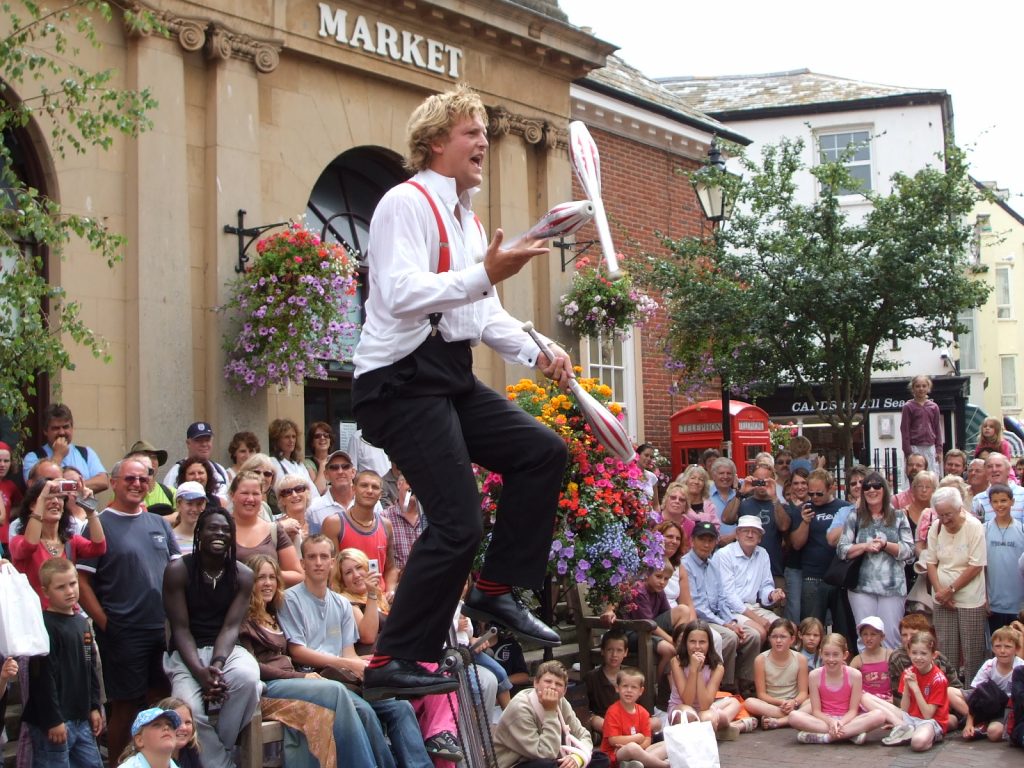Questions for the Sidmouth tourist industry.
.
The cost of living crisis means that more Brits are holidaying at home:
The soaring costs stretching holidaymakers’ budgets – BBC News
However, that doesn’t necessarily mean they’ve got more to spend on their trips, as reported from the West Country by the Express earlier this month:
Cornwall holiday panic as cost of living crisis puts tourists off staycations
TOURISM officials in Cornwall have expressed fears that the industry could be hurt by the cost of living crisis. Many Britons may struggle to afford a holiday this year.
The number of tourists visiting Cornwall is still expected to be high as tourists choose staycations due to airport chaos. However, officials fear they may not spend much.
“The most concerning thing is the cost of living crisis”, Visit Cornwall Ceo Malcolm Bell told Cornwall Live. He said that tourists may cut short their stays in Cornwall or reduce the number of breaks they take. Bell said that other high costs such as fuel and energy could stop tourists spending money on holiday.
Sophie Lam, writing in this weekend’s i-news, reports on the ‘deep concerns’ in the tourist industry, despite the ‘good weather’:
In spite of the recent heatwave, the picture isn’t as sunny for UK’s tourism sector as it might look
The current heatwave might mean uncomfortable sleeping conditions in some parts of the country, but for the domestic tourist industry it has been a welcome boost. In a climate of deep uncertainty, a trend for last-minute bookings and chronic staff shortages are making the peak summer season very hard to plan for.
Almost a third of all domestic holiday spending takes place during summer. Tourism is usually worth about £127bn to the UK economy, according to VisitBritain, employing 3.1 million people and supporting 200,000 small-to-medium sized businesses, many in coastal towns and rural communities.
However, the assumption that ongoing aviation chaos is causing many holidaymakers to choose the UK is flawed, while inbound tourist visits are forecast to be almost 50 per cent down on 2019 this year…
In spite of the recent heatwave, the picture isn’t as sunny for UK’s tourism sector as it might look
The questions this piece poses for Sidmouth, then are:

What are the tourist numbers this year so far and projected, compared to pre-pandemic levels?
What accommodation is being booked?
“Camping and caravan sites, as well as self-catering properties and high-end hotels are generally busy over the summer, but that the middle is squeezed: we’re seeing people being more cautious with their money.”
What are people spending their holiday money on?
“When a healthy supply of holidaymakers is going for walks instead of to attractions and self-catering instead of dining out, the bottom line starts to look brittle.”… “VisitBritain research backs this up, finding that the top perceived barriers to taking overnight UK trips in the next six months are the rising cost of living and the cost of fuel. More than a third of adults will look for more free things to do and spend less on eating out.”
What are the staffing levels like?
Since Brexit and Covid, “the recruitment challenge is vast and is going to be a long-term problem.”
How are businesses absorbing rising costs?
“The hike back up to full VAT in April this year came too soon, when repayment of business interruption loans kicked in.”
Especially in the South West – which is the leading destination for summer overnight domestic trips, according to VisitBritain – costs are difficult to absorb:
“I spoke to one hotel the other day whose management contract had just run out; the new contract is 300 per cent more – an extra £25,000 and it’s not that big a hotel” says Visit Cornwall’s CEO Malcolm Bell.
And what about the medium term?
“With Covid infections rising again, there’s the looming issue of staff sickness and absence. “It’s the perfect storm” Bell concludes.”